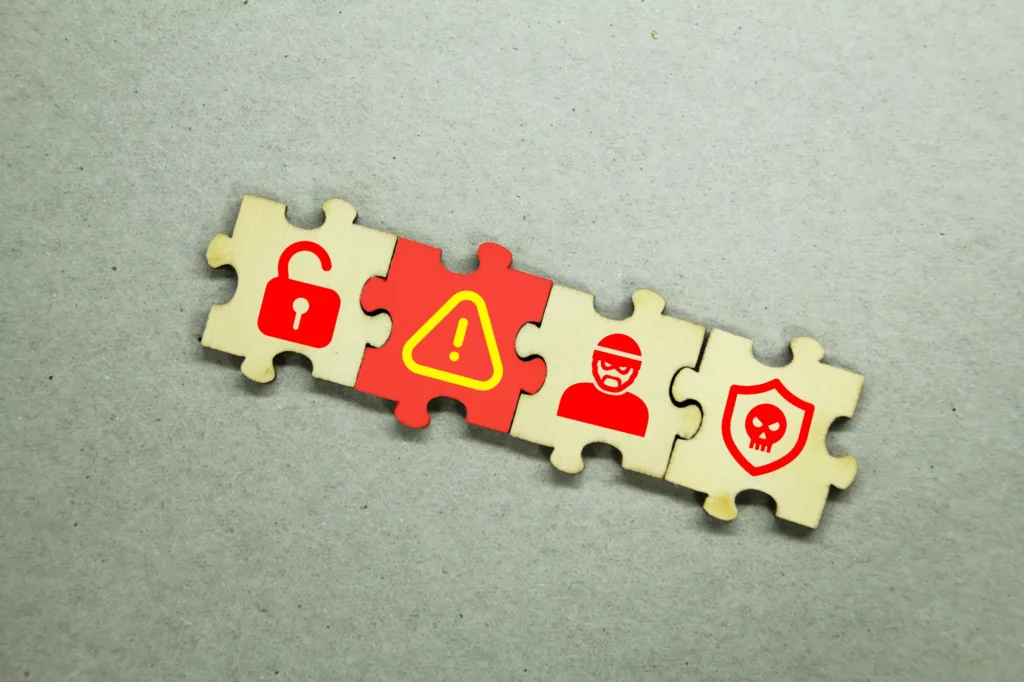In an era where digital transactions and online interactions dominate the business landscape, ensuring robust website security is paramount for small businesses. Websites are not just online storefronts but repositories of sensitive customer information, making them lucrative targets for cyber threats. Understanding the significance of website security is crucial in safeguarding both business and customer data from potential breaches and cyberattacks.

Protection Against Cyber Threats to Increase Website Security
Small businesses are increasingly becoming targets of cyberattacks due to their perceived vulnerabilities. Hackers exploit security gaps to gain unauthorized access to sensitive data, including customer information, financial records, and proprietary business data. Implementing robust security measures is crucial to safeguard against threats like malware, ransomware, phishing attacks, and data breaches that can cripple a business.
Maintaining Customer Trust and Credibility
Customer trust is the cornerstone of a successful business. A breach of sensitive customer data can severely damage trust and tarnish the business’s reputation. Small businesses must prioritize security to assure customers that their information is safe and protected. Building a reputation for reliability and commitment to security enhances credibility, fostering long-term customer relationships.
Compliance with Regulatory Standards
Adhering to industry-specific regulatory standards and data protection laws is obligatory for businesses handling customer data. Failure to comply with these regulations can lead to hefty fines, legal repercussions, and loss of consumer trust. Implementing robust security measures ensures compliance with standards like the General Data Protection Regulation (GDPR) or the Payment Card Industry Data Security Standard (PCI DSS).
Preventing Financial Loss and Downtime for Website Security
Cybersecurity incidents can result in significant financial losses and website downtime for small businesses. The cost of recovering from a cyberattack, including system repairs, data recovery, legal fees, and loss of revenue during downtime, can be devastating. Proactive security measures mitigate the risk of financial losses and ensure business continuity by averting potential threats.
Enhancing SEO and Search Rankings
Website security is not only crucial for protection but also impacts search engine optimization (SEO). Search engines prioritize secure websites, and those with SSL certificates (HTTPS) rank higher in search results. A secure website boosts user confidence and engagement, reduces bounce rates, and positively impacts SEO, leading to improved visibility and better search rankings.
Implementing Security Best Practices for Website Security
Small businesses should adopt comprehensive security measures to fortify their websites. This includes installing SSL certificates for encrypted connections, regularly updating software and plugins to patch vulnerabilities, implementing firewalls and intrusion detection systems, conducting regular security audits, and training employees on cybersecurity best practices.
Conclusion
In conclusion, website security is a non-negotiable aspect of modern business operations, especially for small businesses reliant on digital platforms. Prioritizing website security safeguards sensitive data, maintains customer trust, ensures regulatory compliance, prevents financial losses, and enhances online visibility. By investing in robust security measures, small businesses can fortify their digital presence and thrive in today’s competitive online landscape.
A secure website not only protects against cyber threats but also instills confidence in customers, fostering a resilient and trusted brand image in the digital realm.















